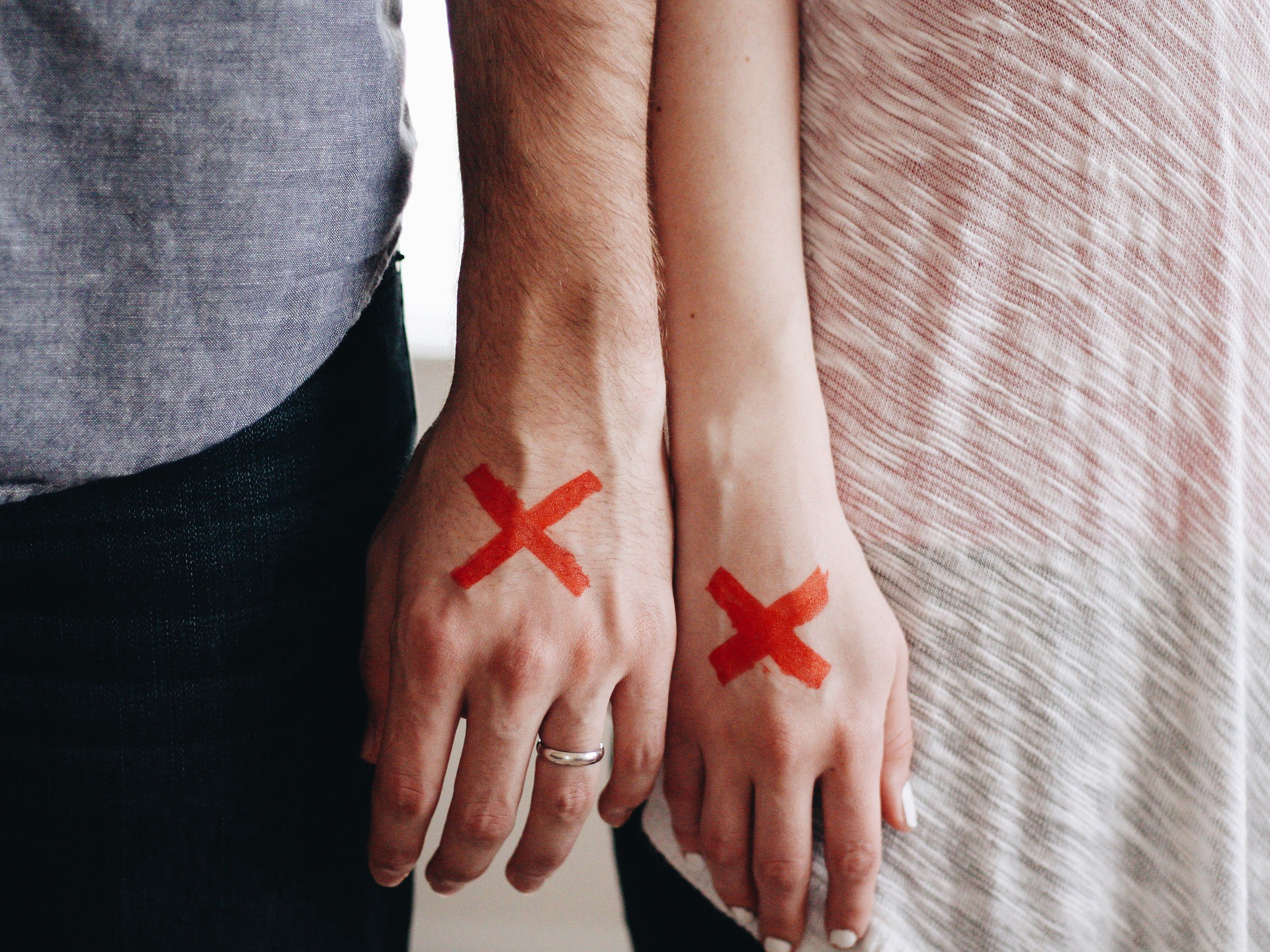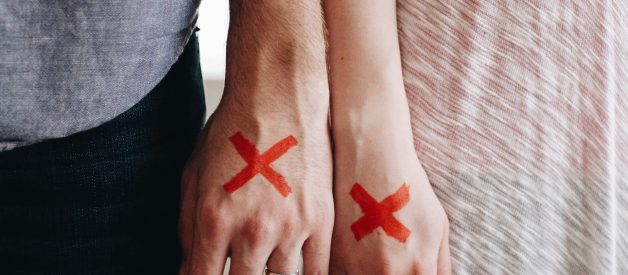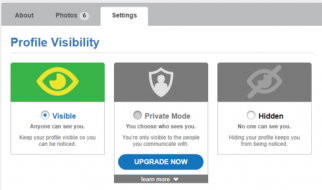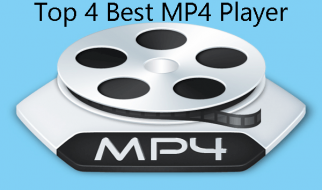 Image by Free-Photos from Pixabay
Image by Free-Photos from Pixabay
I was talking to my father?s mother the other day. She has a terrible relationship with pretty much anyone who knows her. Lately, she and my older brother had been talking across Facebook. He had messaged her something. I don?t know what exactly, and when she hadn?t answered him a few hours earlier, he messaged her to say, ?Silence is a loud answer.? She then realised he had unfriended her and blocked her.
I told her he had removed me a while ago. I?ve never allowed him to add me back. This is the thing with me, if you remove me from social media, don?t expect to add me back. We can say it is only Facebook and mean it, but in reality, being unfriend does hold emotional consequences. If you remove me from social media, you better make sure it is what you really want to do and not a temper tantrum, because, for me, that?s it. I don?t allow people a place in my digital life where they can make me feel bad. There are enough things to worry about without if someone has left again.
But Why Does it Bother Us So Much?
There is a lot of debate as to whether online friends can be classed as real friends. I mean, how can you call someone a friend if you have never met them?
For me, I feel closer to my friends online than I have to those who know me in real life. And I loathe actually to write real life. That would imply that my online life isn?t real, when in fact, it is. I think we have to face the fact now that the digital world is part of our lives, this means so are the people who reside there.
When you?re talking to someone online and create a friendship, it is no different from that of a friendship where you meet up physically. You still talk the same, still have the same connections and conversations. You still share the parts of your life you would do if that friend lived next door to you.
And, unless you?re typing away to Siri or Alexa, the person on the other screen is a real person.
You might not agree with me, but an online friendship is a real friendship. Perhaps more so. When the only thing you have between you is words, relationships can become a lot more intense a lot quicker than they would in the physical world. More often than not, we talk and share things with friends online we wouldn?t do in a face to face situation. It is almost like having a screen and a distance between you, allows you to be more yourself and open with the person you are communicating with.
Being Unfriended Hurts
If you attended a school as a child, I am almost sure you experienced a level of rejection from your peers. Children are fickle things. One moment they are your best friend, and the next they?re not speaking to you ever, ever again. But not only that, children are not afraid to rally together to all not be friends with someone. From such an early age, we learn the effects of rejection.
Being unfriended as an adult, hurts in exactly the same way. But more than that, usually when we fall out with another person in the physical world, we know it straight away. Quite often there is a falling out or a drifting apart that both parties notice. We stop answering calls, stop making coffee dates, and generally either slip away from each other?s lives peacefully or with a harsh goodbye depending on the reason.
All it Takes is a Click
How many times has it occurred to you, you haven?t heard from such and such?
When people post a lot on social media, we notice when they stop. It could be their updates are just not being filtered to your newsfeed, or that the person in question is taking a digital break. These things happen all the time.
Needless to say, when the thought pops into your head, you navigate your way across social media, type their name into the search box and hit enter. There is a heart lurching moment when you see the inevitable ?add friend? icon just under their profile, and you stare at it for a while with feelings of dismay.
You Are Not Alone
Psychologist show that being unfriended on social media is the ultimate act of passive-aggressive rejection, and just like in the physical world, the closer you are to the person, the worse it feels.
A study looked at the emotional impact of being unfriended on social media. The researchers found there were a variety of emotional reactions. Participants reported feeling sad and surprised as well as shocked to discover someone they had been friends with had removed them. But not only that, one researcher found the level of distress experienced by the unfriended could be predicted by the amount of time a person spends using social media in general. The more a person lives in the digital world, the more they would feel the impact of relationship dissolution online.
But Why Does it Hurt?
The longer we use social media, the more data science has to understand the impact of social media on our lives better. The millennial generation especially is prone to the adverse effects of social media. They have grown up with the platforms, and it is so often an integral part of their lives.
So many of these young adults feel their actual identity is strongly tied in with their digital identity. With the way social media works, people post the highlights of their lives, they use filters on pictures and take thirty plus photographs to produce one acceptable selfie; it is no wonder being unfriended hurts. It feels like the person has rejected us.
Not only is it a form of rejection tied into the core of friendship lessons we had as children, but now, with the way social media is, it often feels like a direct rejection of ourselves and leaves the unfriended feeling worthless and sure they must have done something wrong or lacked something to bring about such an action.
When we get unfriended on social media, it feels like a blow to our sense of worth. You can tell yourself as much as you want, it is only Facebook or only Instagram, but the truth of it is, when we make friends online, we let these people into our lives the same way we would a friend in the physical world. When we discover someone has removed us from their social media platform, it is the same feeling we would get if we went to our friend?s house, only to learn they had moved without telling us and blocked all contact.
With social media, more often than not, no one tells the other person they are being unfriended. It is simply done in silence, and then the unfriended is ignored.
Saying that, tt is perhaps not the unfriending that hurts us so much, but rather the lack of closure to the friendship and the ability to understand why it was ended abruptly and silently.


